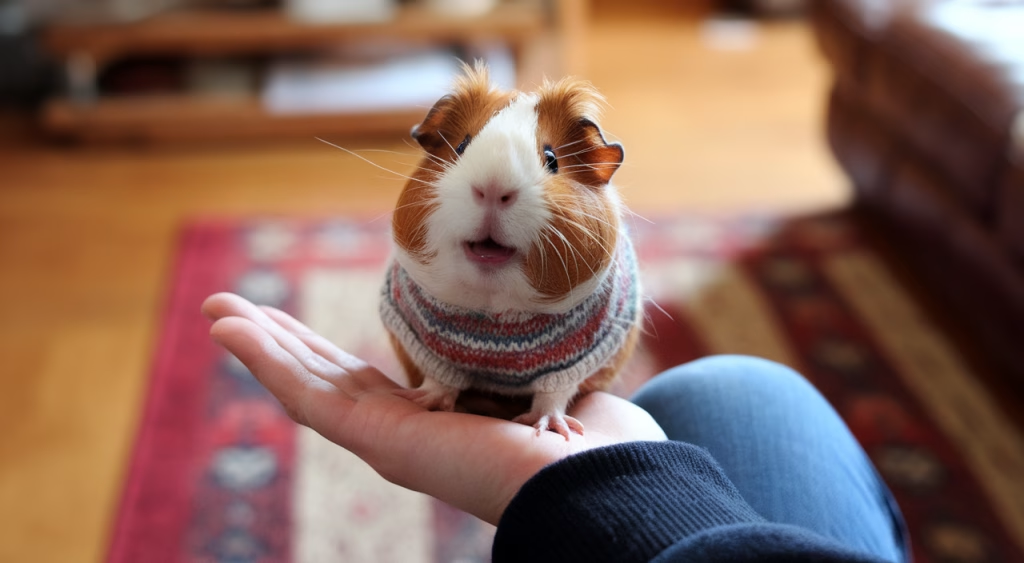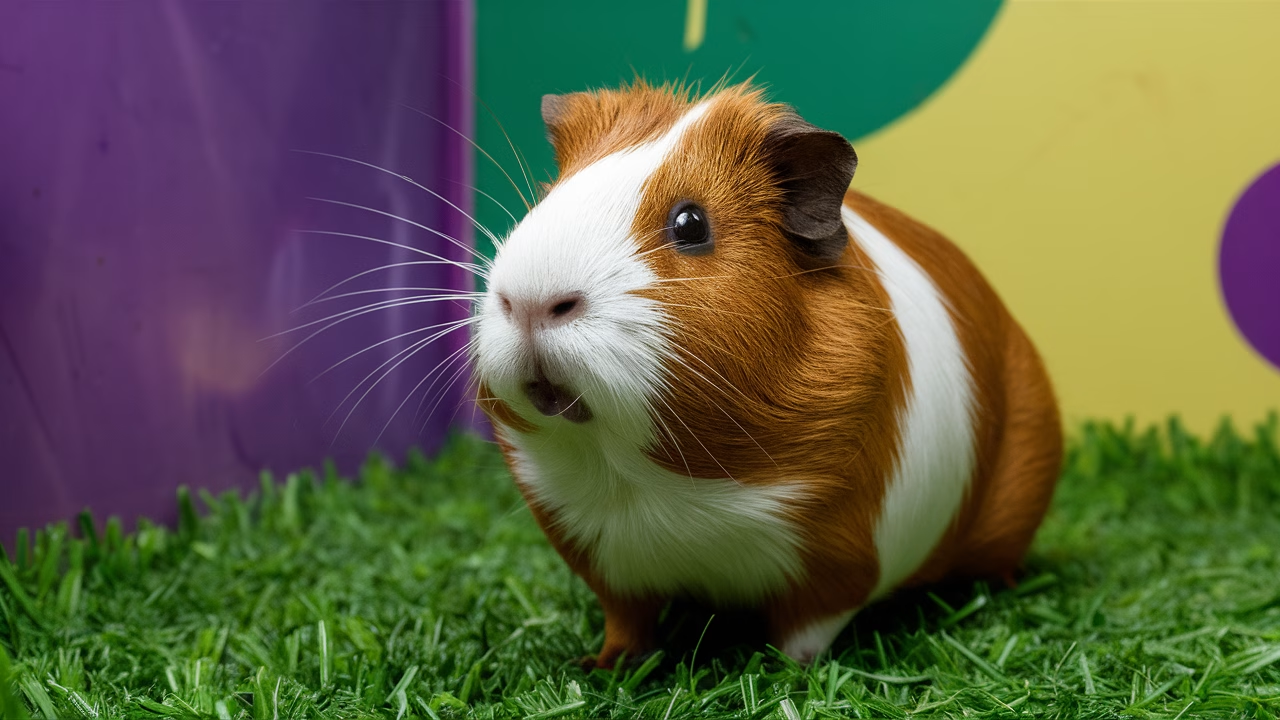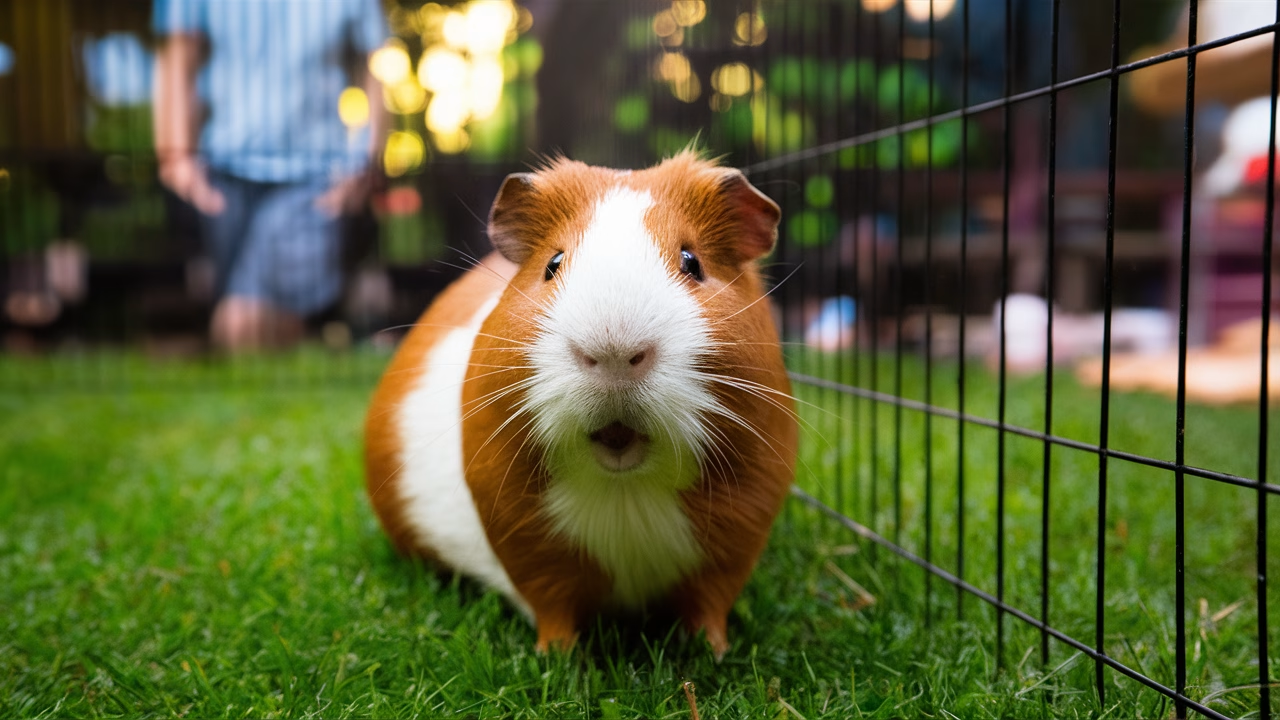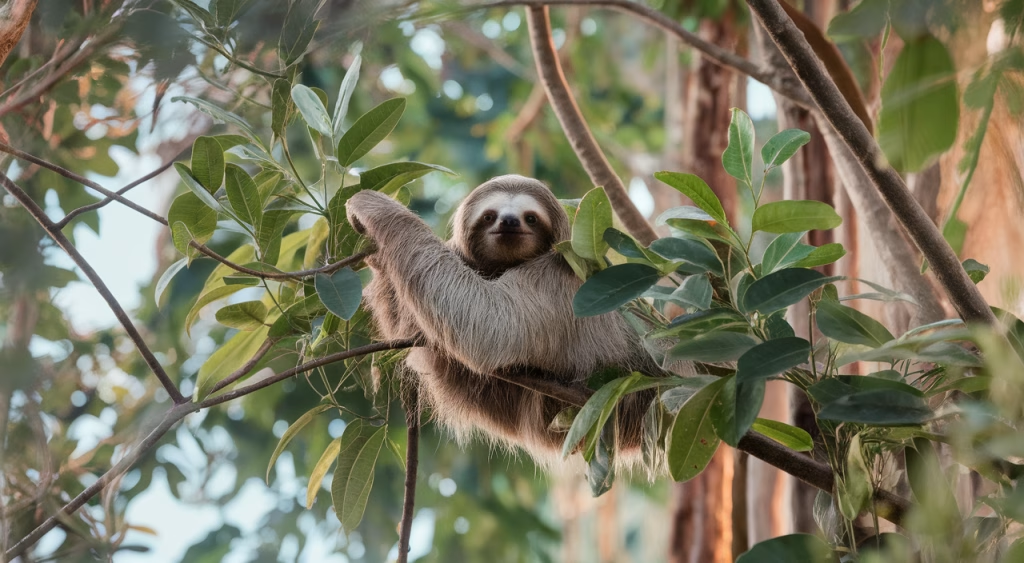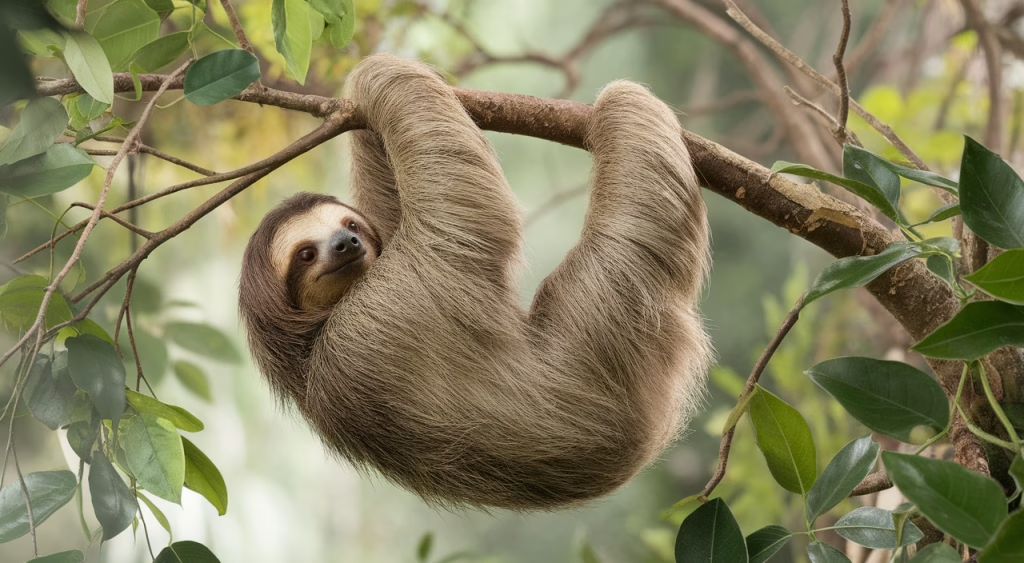Do Guinea Pigs Actually Recognize Their Owners?
Absolutely, yes. Guinea pigs don’t just hope you’re the treat-bringer—they know it’s specifically you walking through that door.
TL;DR:
- Guinea pig recognition is real—they remember scents, voices, and routines with remarkable precision.
- They experience emotional responses to their favorite humans, showing measurable changes in heart rate and excitement levels.
- Thanks to their sensory superpowers, guinea pigs distinguish you by smell, sound, and behavioral patterns.
- The intelligence of guinea pigs allows for complex preferences, name recognition, and mood-reading abilities.
- Your bond strengthens through positive interactions over time—from treats to cuddle sessions.
- Their charming behaviors include selective attention, jealousy, and even comforting you during tough times.
The Fascinating World of Guinea Pig Recognition
Understanding Guinea Pig Sensory Superpowers
We often view guinea pigs as cute, cuddly creatures, but behind that innocent twitchy nose lies a sophisticated set of sensory abilities that rival some of nature’s finest detectives.
Your guinea pig’s hearing reaches frequencies up to 50,000 hertz—nearly triple what we humans can detect. This means your furry friend recognizes your footsteps long before you reach their cage. Ever notice how they start their excited squeaking before you even open the door? That’s not coincidence—that’s advanced guinea pig recognition in action.
Their olfactory senses are equally impressive. Guinea pigs can distinguish between individual people by scent alone, mentally cataloging your unique smell in their “favorite human” database. Your guinea pig literally knows you by your personal scent signature.
While their long-distance vision isn’t perfect, guinea pigs excel at recognizing shapes, movements, and colors—especially when combined with familiar sounds and smells. This multi-sensory approach makes their recognition abilities remarkably accurate.
Emotional Responses of Guinea Pigs to Human Interactions
Here’s where guinea pig science gets truly fascinating. Research shows that guinea pigs display measurable heart rate changes when hearing their owner’s voice versus a stranger’s voice. Their tiny hearts literally race with excitement when you approach.
These emotional responses extend far beyond simple biological reflexes. Bonded guinea pigs will popcorn (joyful hopping), purr contentedly, or settle peacefully in your lap. This behavior demonstrates genuine emotional attachment and trust.
Perhaps most remarkably, guinea pigs are incredibly sensitive to your emotional state. When you’re feeling down, your guinea pig might become more cuddly or vocal—showing empathetic responses that reveal the depth of your connection.
How Do Dolphins Sleep With One Brain Hemisphere Awake? The Science Explained
Intelligence and Behavior of Guinea Pigs
Learning Names and Responding to Calls
Think guinea pigs only respond when food’s involved? The intelligence of guinea pigs goes much deeper. They can learn their individual names, recognize specific verbal cues, and differentiate between “snack time!” and “nail trimming time.”
Behavioral studies confirm that consistent name-calling paired with positive reinforcement leads to guinea pigs coming when called—sometimes faster than dogs. They’re natural learners with exceptional pattern recognition abilities.
Embracing Favoritism: Guinea Pigs and Human Bonds
Your guinea pig probably tolerates your family members just fine, but let’s face it—you’re the chosen one. Guinea pigs often form strong preferential bonds with their primary caregiver. This favoritism manifests when they:
- Rush toward you first whenever the cage opens
- Vocalize more enthusiastically in your presence
- Position themselves closer to your usual spot
This selective bonding isn’t just adorable—it’s sophisticated guinea pig behavior rooted in trust, familiarity, and positive association.
Anticipating Routines and Emotional Expressions
Here’s a classic example of guinea pig intelligence: the dinner time demand. Miss feeding time by even a few minutes, and you’ll hear about it. Their ability to track time comes from internalizing daily patterns rather than clock-watching.
Daily routines—feeding, cleaning, playtime—create comforting rhythms that guinea pigs memorize and anticipate. When these routines change, their emotional responses range from quiet sulking to full-volume protest squeaks.
Over time, they learn to read your micro-signals too. The crinkle of a treat bag signals incoming goodies. The sound of your morning coffee mug means cuddle time approaches. They become behavioral experts in “reading” their favorite humans.
The Impact of Positive Interactions on Recognition Abilities
Trust strengthens recognition, and recognition deepens trust. The more consistently positive your interactions, the stronger your guinea pig’s memory and emotional responses become.
This is especially clear with newly adopted guinea pigs. Initially shy animals may hide or remain silent, but through gentle, predictable interactions, they gradually warm up. Eventually, they greet you like a beloved friend after any absence.
| Interaction Type | Recognition Response |
|---|---|
| Daily Treat Giving | Excited squeaks upon entering the room |
| Consistent Feeding Time | Anticipatory behaviors (wheeking, pacing) |
| Lap Time Bonding | Purring, relaxation, peaceful napping |
| Voice Communication | Heart rate changes; attentive head turns |
Always pair new cues (like calling their name or gentle clapping) with positive experiences they already associate with you. This creates lasting recognition memories that strengthen your bond.
Celebrating the Bond: Guinea Pigs as Personal Cheerleaders
Few sights bring more joy than watching your guinea pig “popcorn”—those sudden, exuberant jumps of pure happiness. And here’s the beautiful truth: they don’t perform this celebration for just anyone.
These delightful creatures celebrate YOU specifically—through excited laps around their cage, gentle nudging of your hand, or increased vocalizations when you walk through the door. They recognize who you are and express genuine excitement about your return.
If you’ve ever noticed your guinea pig giving you judgmental looks while you pet another animal, trust your instincts. Guinea pigs absolutely experience jealousy. Their emotional range includes preference, disappointment, affection, and attention-seeking protests. It’s remarkably expressive behavior from such small creatures.
Frequently Asked Questions
How do guinea pigs recognize their owners emotionally?
Guinea pigs use multiple sensory cues including scent, voice recognition, and visual patterns, combined with emotional bonding that shows through measurable heart rate changes, cuddling behaviors, and joyful responses when interacting with their trusted caregiver.
Can guinea pigs feel jealous?
Yes. Guinea pigs frequently display jealousy when their bonded human gives attention to other pets or people. This manifests as louder squeaking, more energetic popcorning, or positioning themselves between you and the perceived “competition.”
Do guinea pigs respond differently to strangers?
Absolutely. Guinea pigs typically show more cautious behavior, reduced vocalizations, or hiding responses around unfamiliar humans, while displaying relaxed body language and enthusiastic sounds around their trusted people.
Can guinea pigs learn routines?
Yes, guinea pigs excel at recognizing and anticipating daily routines including feeding times, play sessions, and bedtime. They’ll often squeak demandingly or stare pointedly if you’re running behind schedule.
Is there a difference in recognition between a guinea pig and a dog?
While dogs rely heavily on training-based recognition and commands, guinea pigs depend more on routine familiarity and multi-sensory identification. Both species show emotional intelligence, but guinea pigs express it through more subtle behavioral cues.
How long does it take a guinea pig to bond with a new owner?
Bonding timelines vary significantly. Some guinea pigs warm up within a week or two of consistent gentle interactions, while others may require several months of patient, positive experiences before showing full trust and emotional recognition.
Can guinea pigs recognize their name?
Yes. Through consistent use and positive reinforcement, guinea pigs can associate specific sounds with themselves and respond accordingly—particularly when paired with rewarding experiences like food treats or affectionate handling.

